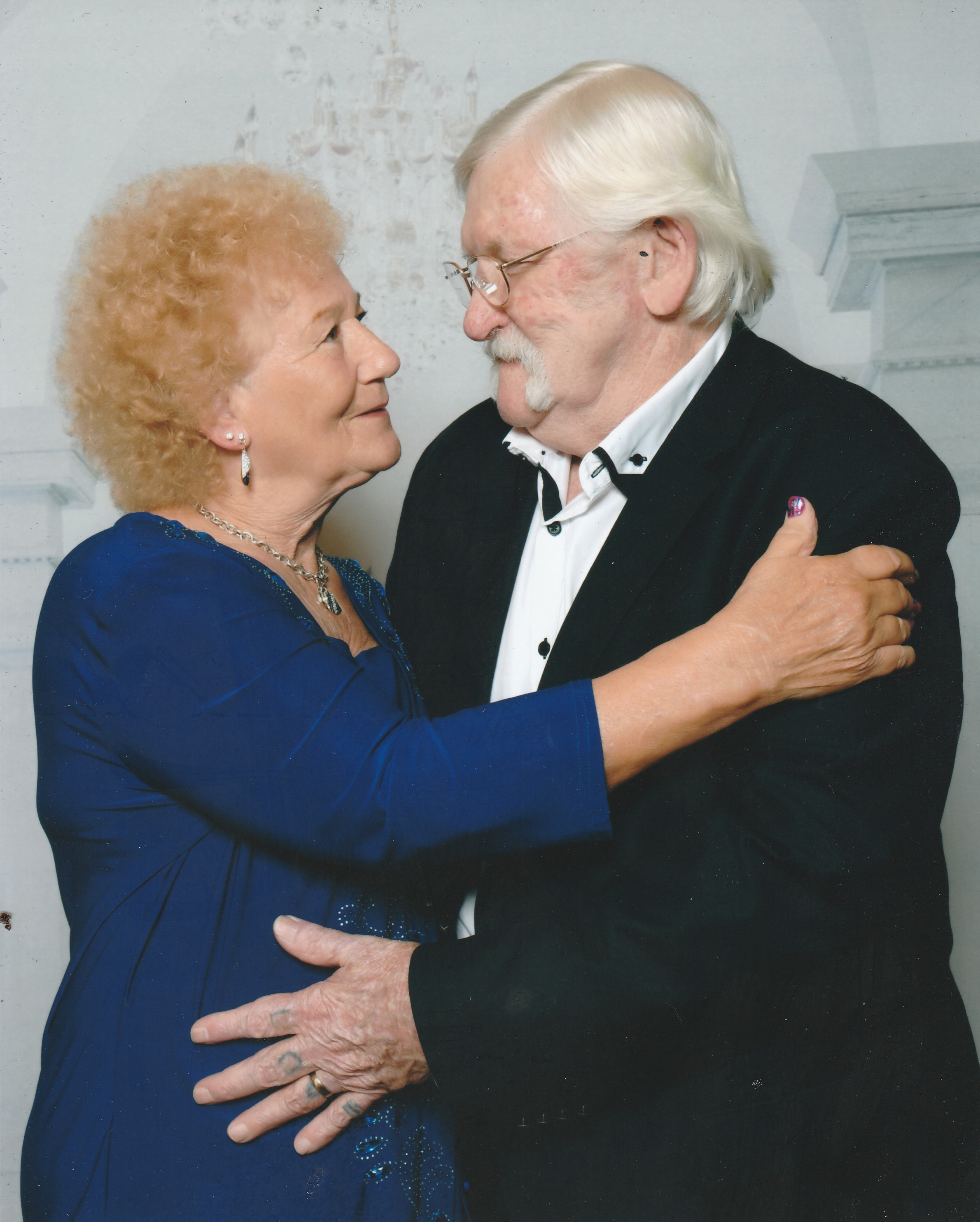 Lockyer Valley widow Tina Bawden is thankful for the support her husband Victor received from Gatton Hospital staff in his final days.
Lockyer Valley widow Tina Bawden is thankful for the support her husband Victor received from Gatton Hospital staff in his final days.
Mr and Mrs Bawden were married for 58 years and raised two children together. He was 81 when he passed away, supported by the Gatton Hospital palliative care team.
Mr Bawden, who worked as a prison officer, spent 20 years with the Lockyer Waters Rural Fire Brigade, which earned him a National Medal. He and Mrs Bawden spent their early retirement enjoying overseas holidays and cruises.
As her husband’s health declined, Mrs Bawden began caring for him in their home. She said this left her feeling frustrated whenever she struggled to lift him or give him the assistance she felt he needed.
Like many couples battling chronic illness, Mr and Mrs Bawden did not know how much time they had left together.
“We took him to hospital because he had sores on his arm, but the following morning he took a turn for the worse,” Mrs Bawden said.
“That’s when I knew he wouldn’t be coming back home. The nurses made sure he was comfortable, and the care they gave him was second to none.
“They did everything possible to help me, too. They kept me updated and made sure he felt no pain. It made his passing a little easier.”
This level of support and care are what earned Gatton Hospital staff the recognition of Palliative Care Queensland when they were named finalists for inspirational teamwork against hundreds of entries.
West Moreton Health Clinical Nurse Ann-Louise Adams said doctors, nurses and allied health professionals all work together to make sure palliative patients and their families are supported in end-of-life care.
Mr Bawden was in palliative care for only two days, but for some families, the palliative care experience can be much longer.
Mrs Adams said staff saw end-of-life care as more than just the period their patient spent in hospital.
It is not in their job description, but Gatton Hospital staff have been known to mow lawns, pick up mail, provide home-cooked meals or donate clothing if it means maintaining their patient’s dignity at end of life.
“They’ve been acknowledged for what they just go and do every day,” Mrs Adams said. “They don’t see what they do as going above and beyond. Our staff are just extraordinary.”
West Moreton Health encourages the community to speak to their loved ones about their end-of-life plan, and whether they would prefer palliative care or medical intervention.
“When people come into our care, it’s not usually planned,” Mrs Adams said. “Deterioration can happen quickly, and in emergencies, people come in with just the clothes they are wearing.
“Families who have already had those difficult conversations about end-of-life care are able to share those with staff and ensure we can make informed end-of-life-care decisions.”
Gatton Hospital recently acquired a ‘cuddle bed’ – two hospital-grade beds that can be separated or kept together as needed.
“The cuddle bed gives families a real chance to hold close their loved ones, and simply be together,” Mrs Adams said. “We have seen the comfort it brings patients and their families to be in close touch at the end of life.
“It gives the patient’s partner and family a real chance to say goodbye. Allowing patients and their families the physical and emotional connection they need can assist the grieving process.”
